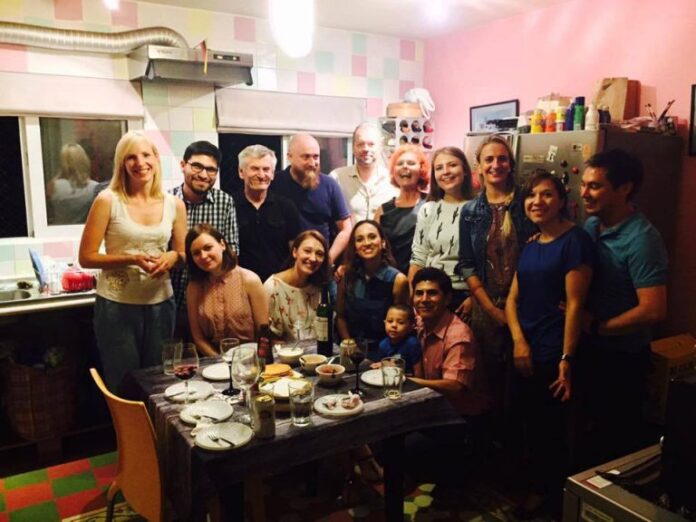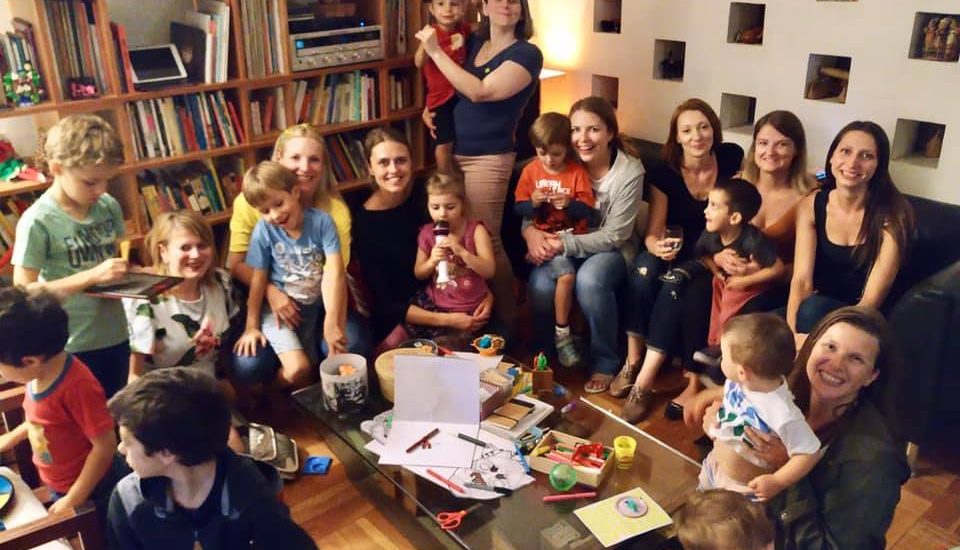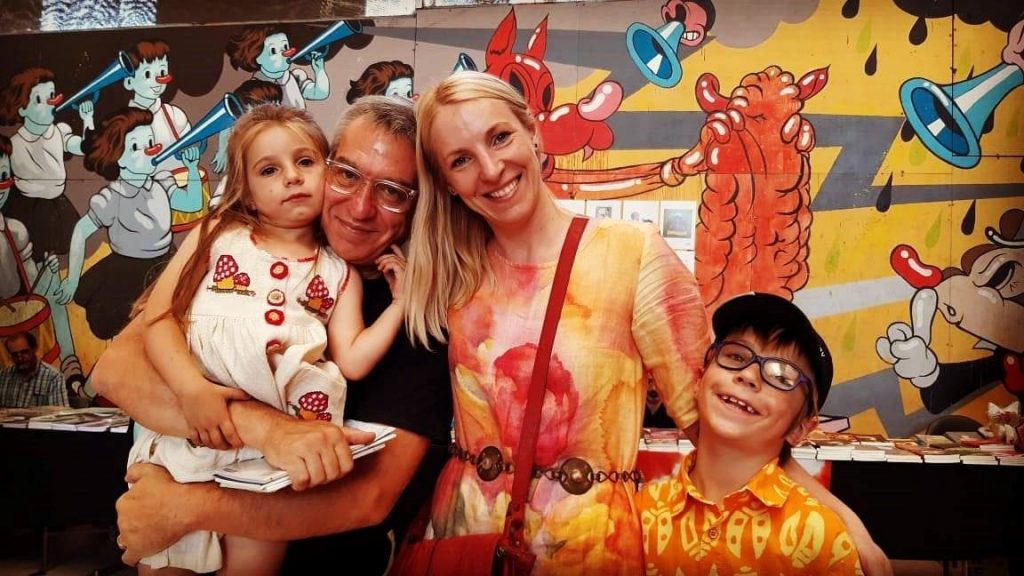
Did you hear about…
At the end of April, Tėviškės žiburiai published an article from the Lithuanian World Community’s magazine Pasaulio lietuvis (pasauliolietuvis.lt) about Lithuanians in Chile. This fascinating interview with Ugnė Lipeikaitė introduces us to facts about the first Lithuanians to come to this South American country.
According to sources, the first Lithuanian here was Ignas Domeika (1802-1889), a world-renowned scientist, mineralogist, chemist, member of various scientific associations, and Dean of the University of Santiago, who lived here in the mid-19th century. Other travellers were Salesian missionaries, who published a number of Catholic publications. A few political refugee families arrived in 1947, scattering to various areas of Chile. These were mostly farmers and tradespeople. Some came to study Spanish, history and theology at the university. One such person was Julius Kakarieka (1922-2008), who taught at the University of Santiago and was awarded an honorary doctorate.
Ugnė Lipeikaitė is very active among Lithuanians in Chile, organizing many events and managing the Facebook page she created, called “Lietuviai Čilėje”. In the article she says that most Lithuanians know little about Chile, stereotyping it as a resort destination with beaches, cocktails and dancing, probably more typical of Brazil. As it happens, the beaches in Chile are not impressive, and most people, especially in the capital, are working, not dancing. However, Chileans are very friendly, communicative and affectionate, not only with their peers. It is customary to greet teachers, hairdressers, and doctors, for example, with hugs and kisses. Newcomers must adapt quickly to the lack of personal space and the intensity of the interactions and direct questions from locals.
Another important adaptation is the language. Very few locals speak English, so newcomers must learn Spanish, which is specific to the area because it includes many aboriginal terms. Once you’ve learned the language, it’s easy to communicate, because Chileans are friendly and curious, but they speak very freely and very quickly, interrupting each other, so new language-speakers may feel excluded because they can’t keep up. Thirdly, Santiago is a huge city, with a population of six million, so it’s very different for people coming from Vilnius or other, smaller Lithuanian cities.
In Ugnė’s experience, Lithuanian emigration to Chile isn’t a specific life choice, but often a twist of fate that brings people there temporarily or for longer periods. Chile has much to offer with its pleasant climate, its scenery, year-round plentiful seafood and vegetables as well as its excellent and reasonably-priced wine. Although many expect that living in Chile is cheap, it is one of the most expensive countries in Latin America to live in, particularly as essential services such as education and health care are mostly private and not subsidized.
There are not that many Lithuanians in Chile – about 20 in the entire country. Ugne tells the interviewer: “For the first few years I was here, I didn’t know any of them until my friend the Latvian honorary consul told me about a Lithuanian named Žilvinas, who plays in an orchestra. I reached out to him, and he told me that there are more of us here. We met via email and later celebrated the Restoration of Independence Day, March 11, at a Lithuanian woman’s home. Since then I try to keep up this tradition and invite Lithuanians to my home at least once a year, either on Pancake Tuesday (Užgavėnės) or on King Mindaugas’ Coronation Day (July 6).
We celebrated Pancake Tuesday the first time with both Lithuanians and Chileans. The Chileans found it very interesting that Lithuanians ‘chase away winter’ (in Chile it is the height of summer) and eat pancakes at this event. So we ate pancakes together and told them about Lithuanian traditions. It’s always a pleasure to get together with families and their children, we bring food and we chat about events in our lives. Some Lithuanians live nearby – my children go to school with two other families’ kids, so we meet more often.”

What do Lithuanians in Chile miss most? Ugnė says that they miss their extended families …and cottage cheese. “There are no Lithuanian foods here, and only one brand of beer. Sometimes we find buckwheat. We make everything else ourselves – cold or hot beet soup, cheese dumplings from a fresh cheese that’s very popular here. My children love the Christmas Eve biscuits, “kūčiukai”, so we make those more often.
There is no official Lithuanian Community Assocation in Chile, we socialize informally, and have a Facebook group ‘Lietuviai Čilėje’, which is relevant to local Lithuanians as well as visitors, tourists, and skiers. Establishing an official community not yet been seriously considered, although there are enough children for a language-school.

The group shares information, recommendations, answers questions about life in Chile. Maintaining our Lithuanian culture is up to individual families. Most of us speak Lithuanian with our children at least part of the time, and we have Lithuanian books and cartoons for them, but it’s difficult to keep up the language. The kids start pre-school at three or four years of age, and school is compulsory at age 5. Their environment is 90% Hispanic. My own children understand Lithuanian, but answer me in Spanish. We make Lithuanian food and communicate with their grandparents, I tell them stories about Lithuania, and we do visit it from time to time.
Now that there are four of us, it’s harder to coordinate everyone’s schedules and pay for airfaire. Also half of my family lives in Catalonia, so one year we spend our holiday there, and go to Lithuania the next year. We do what we can to practice some of the traditions, such as decorating Easter eggs and making Lithuanian food. The children will have a basic knowledge and later will decide for themselves how important their Lithuanian background is to them.”





























